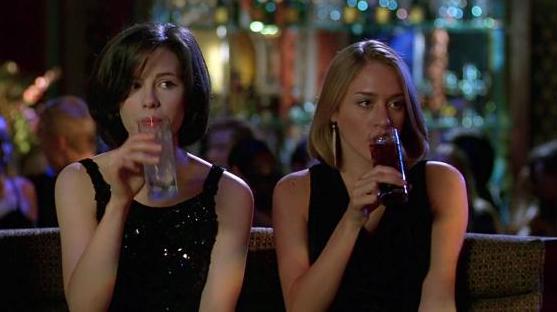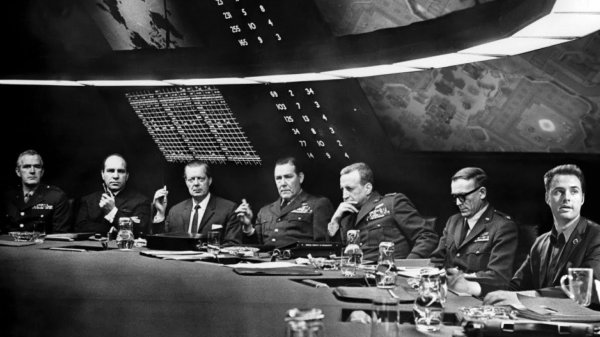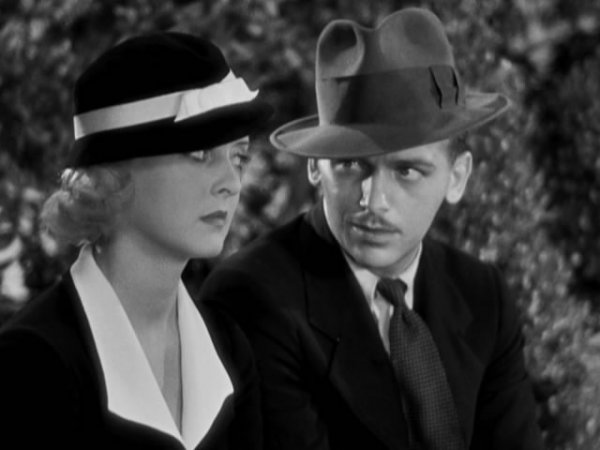- Messages
- 17,484
- Location
- New York City

The Last Days of Disco from 1998 with Kate Beckinsale, Chloe Sevigny (that name doesn't spell itself), Chris Eigman and Mackenzie Astin / written and directed by Whit Stillman
Other than that I know there are very strong opinions out there about Whit Stillman movies, I don't really know what the debate is about nor could I have named a Whit Stillman movie prior to seeing this one, even though, I subsequently checked, I had already seen two or three of them. Hence, I know my comments will miss the mark on whatever the bigger Whit Stillman's issues out there are.
Set in the early '80s, the story centers around two young college-graduate women, Beckinsale and Sevigny, trying to transition to adulthood in New York City. They work as interns at a publishing house during the day and party at night with their guy friends at "The Club," New York's hottest disco, which I assume is modeled after Studio 54.
As is common with young kids, their friends are entwined in their lives - they share apartments, steal each other's boyfriends and girlfriends, hook up casually, gossip and both undermine and help each other.
In a way, that's the movie. Sure there are some small plots about the club being investigated by the district attorney's office (with one friend working at the club and another on the DA's staff) and whether the women will be promoted to assistant editors, etc., but this is a character-driven, moment-in-time movie.
And as a character, Kate Beckinsale nails the post-college, smart, arrogant, manipulating, know-it-all woman who projects a confidence that hides the same insecurities everyone is dealing with. She issues edicts and maxims with conviction in one scene, only to dismiss them in the next one when they are inconvenient: "never date someone in advertising" she tells her friend when she wants to break up her relationship, followed later by, "of course I wasn't serious" when she starts dating the same guy [quotes are paraphrases].
All the characters here are a type - the shy brainy one, the guy who ditched college but is doing well, for the moment, managing at The Club, the liberal idealist bemoaning the plight of the low-paid white-collar workers in publishing, the advertising guy trying to suck up to his bosses for a promotion - but each actor brings enough personality and distinction to keep you somewhat interested.
Having moved to NYC in the '80s after college, I knew the people in The Last Days of Disco - cocky, "in the know," opinionated, lived in their group and, generally, annoying. Stillman clearly knows these people too as he perfectly captured, not only the type, but that type at just that moment and place in time. And while New York City in the movie looks more like late 1990s New York, when the movie was filmed, than early 1980s, the actors' attitude and posturing are all 1980s.
Now, twenty-plus years after it was filmed, the movie's New York street scenes are a treat. Combined with smart, if sometimes, over-written dialogue, the full-on-'80s zeitgeist and enough humanity to counter the many cliches, it's kinda an enjoyable movie. Plus, if you happened to have been just out of college and living in New York City in the '80s back then, the movie will produce some feelings of nostalgia.




